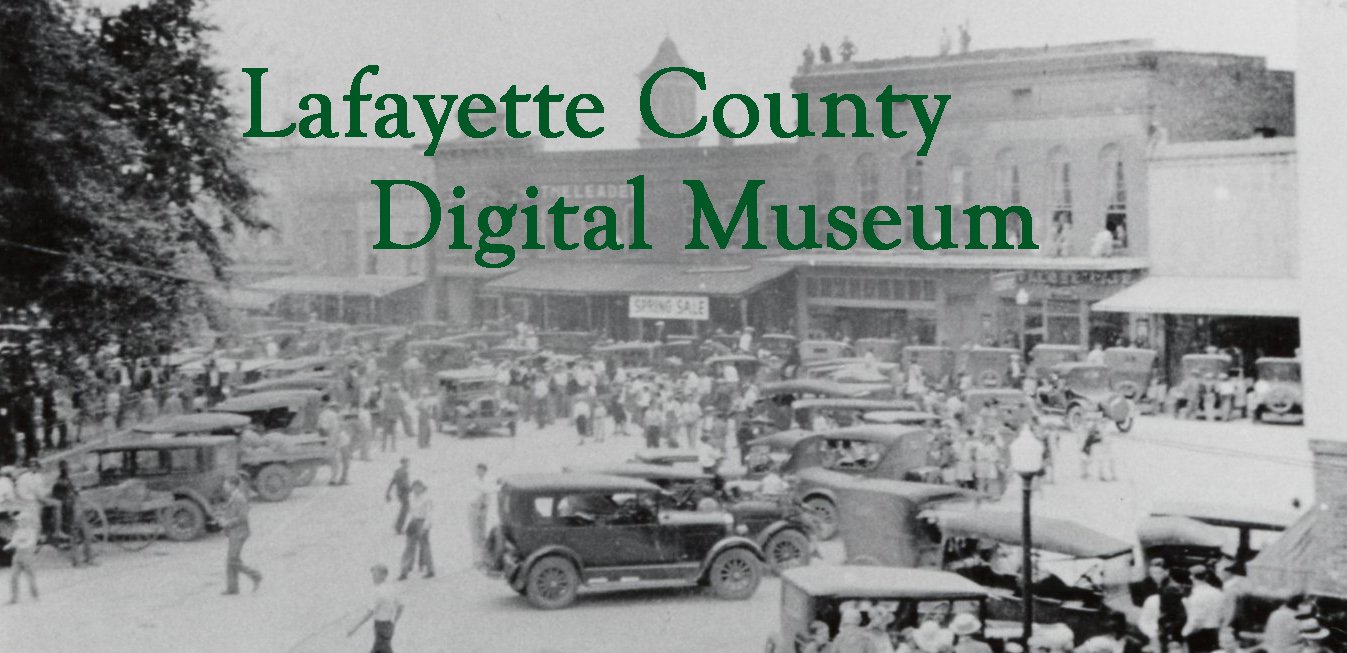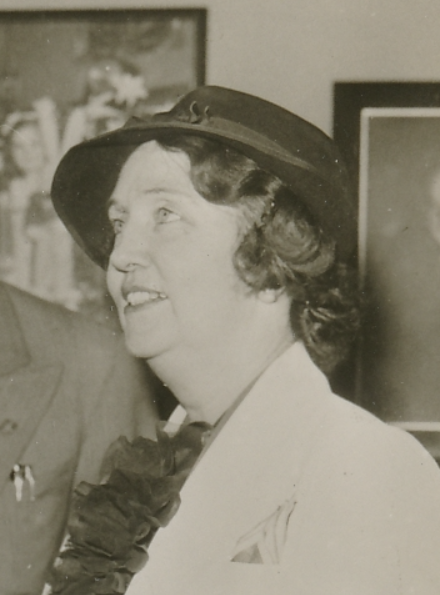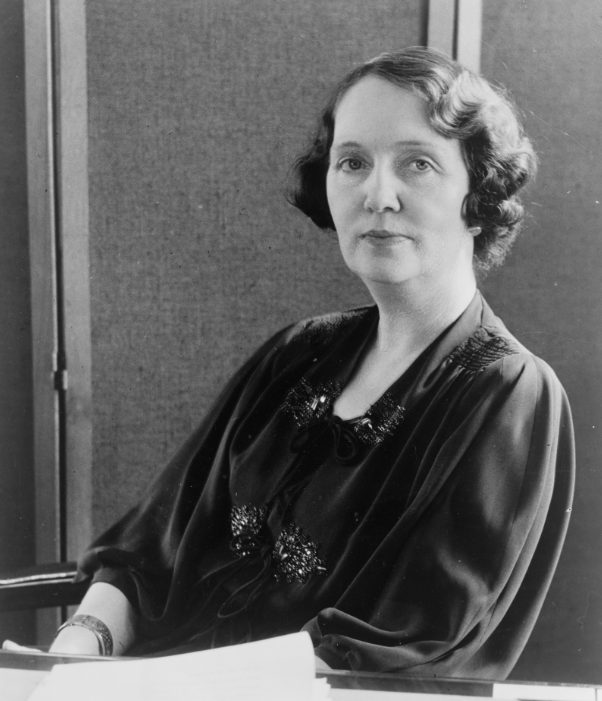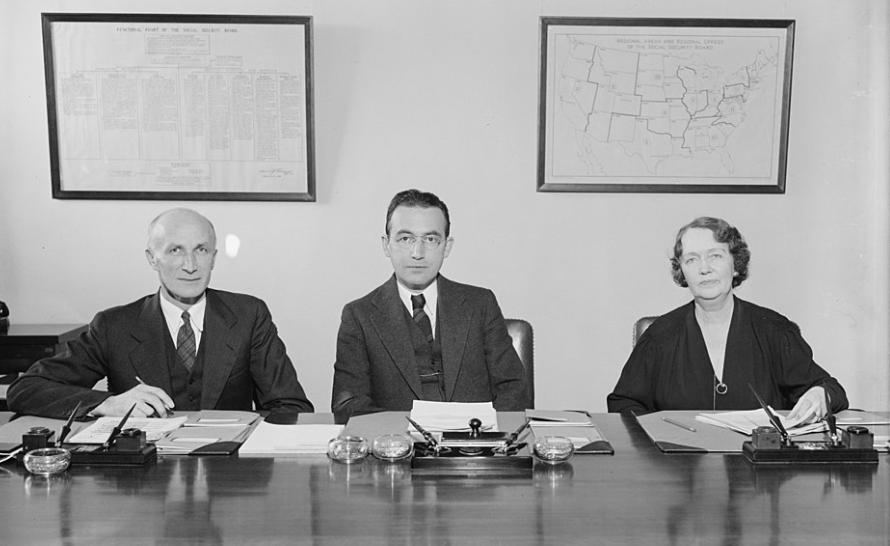Ellen was born in Oxford, Mississippi on July 11, 1887, the fourth of five children of William Van Amberg Sullivan and Belle Murray. After her mother died of tuberculosis when Ellen was 8, she grew closer to her father, a successful lawyer and politician who served in Congress from 1898 to 1900. Ellen received her education at Oxford Graded School (Mississippi) and Sans Souci Female Academy (Greenville, South Carolina). She had wanted to attend college but yielded to her father’s view that college “ruined a woman’s charm.” Despite such traditional views, her father seems to have encouraged her burgeoning interest in politics.
llen Sullivan Woodward's involvement in public life was influenced by her childhood, growing up around her public servant father, and also her involvement in the women's club movement. When her husband died in 1925, she was elected to serve the remainder of his term in the MS House of Representatives becoming only the second woman to serve. Until the end of her term in 1927, she focused on policies around libraries, education, and charities. Part of her motivation to run for office was to support her son, but she found that the salary was not sufficient to support the two of them.
Woodward did not run for reelection. She became director of civic development for the Mississippi State Board of Development (1926-1933), running both the women's program and Civil Welfare and Community Development division before serving as executive director for the board from 1929 to 1933. She was also a delegate to the 1928 Democratic National Convention. Woodward also was the executive secretary of the State Research Commission and was on the State Board of Public Welfare.
WIn 1933, Ellen accepted the appointment of director of the Women’s Division of the Federal Emergency Relief Association (FERA). She was the second highest-ranking woman in the Roosevelt administration (the highest was Frances Perkins, the secretary of labor). In 1935, Ellen was promoted to the head of the Women’s and Professional Projects (WPP) Division of the Works Progress Administration (WPA). Ellen fought hard for women within FERA and the WPA. Many government officials, and members of the general public, did not support government-funded jobs or services for women. They believed that women should stay at home and not steal jobs away from deserving men. Ellen understood that this was not a realistic view of the world. She herself was a widow and single mother who had no male breadwinner at home. She knew many other women were in similar or worse situations.
Ellen also believed that women should manage the work of helping other women. Under her leadership, all forty-eight state WPP directors and all seven regional WPP supervisors were women. Ellen was a strong advocate for bringing more women to the policy-making table. Ellen eventually took over other aspects of the WPA, including Federal Project Number One. This project included the employment of all WPA artists, musicians, actors, and writers. Many women, including Augusta Savage and Zora Neale Hurston, found employment through Federal Project Number One. At the height of her WPA work, Ellen oversaw divisions that employed 750,000 Americans.
President Roosevelt valued Ellen’s work and appointed her to the Social Security Board in 1938. She believed more Americans deserved to benefit from this important resource. Ellen successfully advocated for social security access for women and their children. She served on the board when the 1939 amendments extended benefits to the spouses and children of retired workers and the survivors of deceased workers.
Ellen continued to sit on the board through World War II. From 1943 to 1946, she was an advisor the U.S. delegations to the United Nations. When the Social Security Board was abolished in 1946, she became director of the Office of Inter-Agency and International Relations of the Federal Security Agency. She held this role until her retirement in December 1953. Ellen stayed active after retirement. She volunteered with women’s clubs, organized with the Democratic Party, and supported charitable organizations. She died in Washington, D.C., on September 23, 1971. She is remembered as one of the most influential women in the New Deal.



